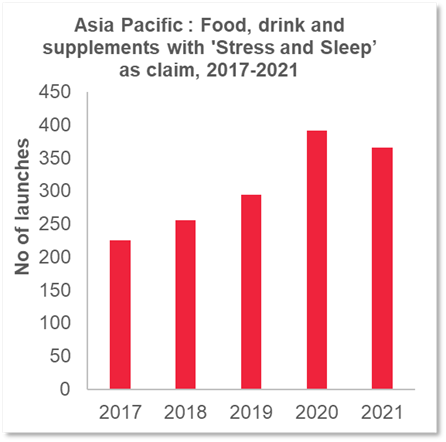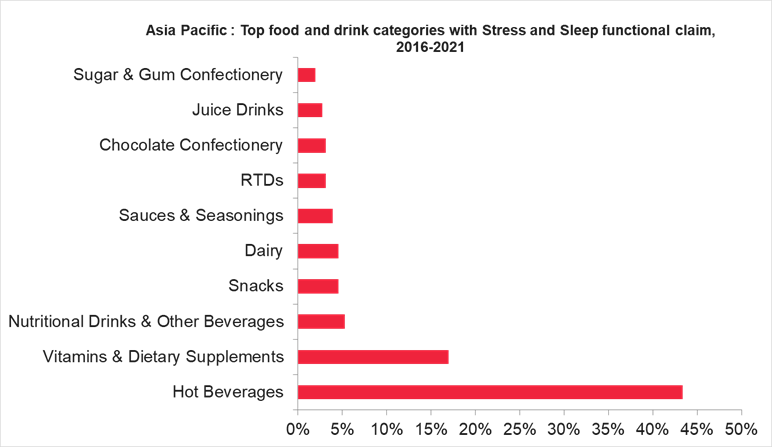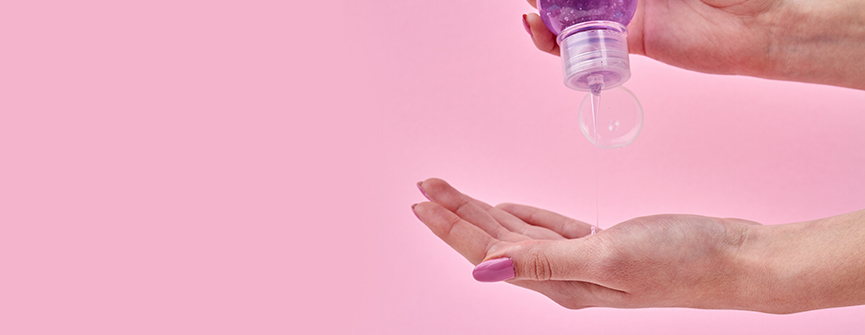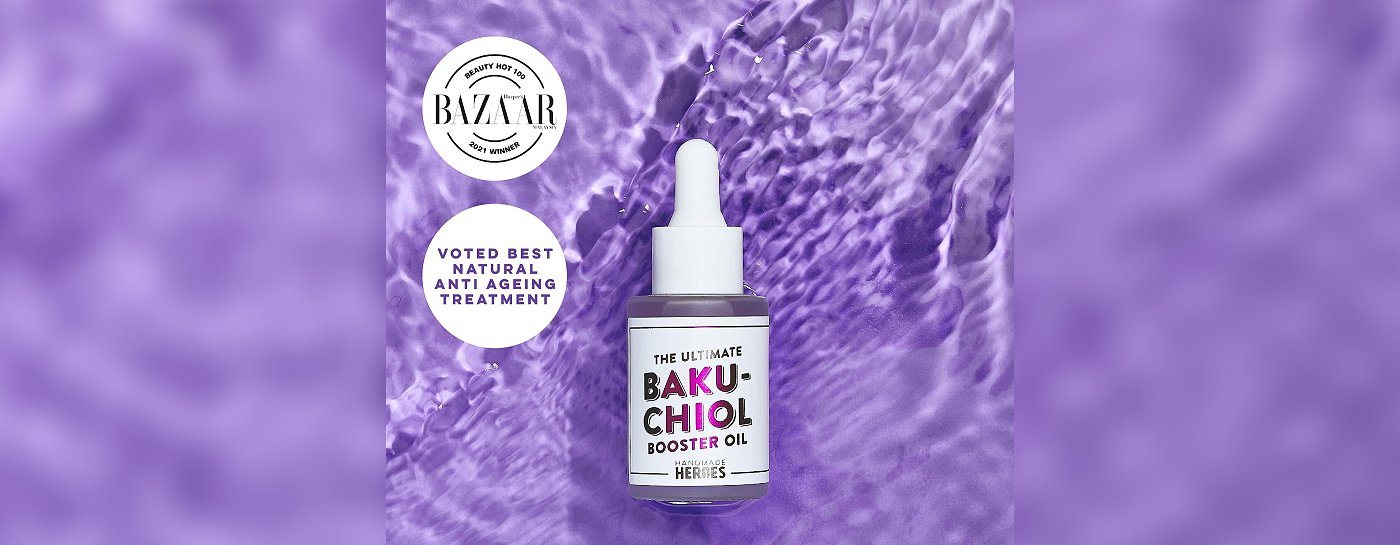Food and Beverage Ingredients Trend 2023: Beverage & Dairy – Stress Relief & Cognitive Health
In recent years, the food and beverage industry has been focused on providing consumers with healthier options that meet their dietary needs and preferences. As the world continues to grapple with the effects of the pandemic, the importance of mental health and wellbeing has become increasingly apparent. This has led to a growing demand for products that address both physical and mental health concerns. In response to this trend, the 2023 food and beverage ingredients trend is expected to focus on stress relief and cognitive health, particularly in the beverage and dairy categories. With consumers looking for holistic solutions that promote overall wellness, the industry is exploring new ingredients and formulations that cater to these needs. This trend is not only driven by the pandemic but also by the increasing awareness of the link between mental and physical health.
What We See
While the pandemic has introduced new level of stress and anxiety to general population, the situation of burnouts, cognitive weariness and emotional exhaustion are now the mainstream concerns.
Why It Matters
Consumers increasingly look for holistic wellness solutions that address both mind and body.
Increased prevalence of brain fog as a common side effect of Covid infection raises interest on memory and cognitive improvement.
What’s Next
Food, beverage and supplement brands can address different areas of mental wellbeing such as stress and mood-boosting, sleep improvement as well as cognitive performance and mental energy, targeting seniors, adults and children.

Food, beverage, and dietary supplements with stress and sleep functional claims have been rising over the past few years, with significant growth in 2020 due to the COVID-19 pandemic.
Consumers, realizing the link between stress, sleep, and immunity, look for solutions to address mental and emotional health and product that deliver sleep benefits.
Hot beverages, vitamins & dietary supplements, and nutritional drinks are top categories featuring stress and sleep claims.

• 37% of Thai consumers find "improves sleep quality" an added benefit that is appealing when choosing a food and drink product.
• 42% of Chinese consumers have taken health supplements to improve sleep quality.
• 39% of consumers in Japan said that 'difficulty sleeping' is the main physical effect of stress in the last 12 months.

• 54% of Chinese consumers have had emotional issues during daily work/study
• 31% of Indian consumers associate lack of enthusiasm for activities with being stressed
• 36% of Thai consumers are regularly feeling mentally drained

Relevant Ingredients
An amino acid found in tea. May affect levels of chemicals in brain such as serotonin and dopamine (influencing mood, sleep, emotion) and cortisol (affecting the body’s reaction to stress). Potential to be a nutraceutical ingredient for stress relief, sleep improvement.
• Gamma-aminobutyric Acid (GABA)
A naturally occurring amino acid working as an inhibitory neurotransmitter in the brain. Blocks certain brain signals and decreases activity in the nervous system. When attached to a receptor in the brain, GABA produces a calming effect.
An annual cereal grain plant is grown in a temperate climate. The aerial parts are harvested before flowering. It is first documented in the 12th century to reduce mild symptoms of mental stress. Several studies have shown positive effects on cognitive functions in healthy subjects.
Passionflower is a climbing vine that is native to the southeastern United States and Central and South America. Native peoples of the Americas used passionflower as a sedative. Some studies suggest it may help in treatment of insomnia and anxiety by raising the level of gamma-aminobutyric acid (GABA) in the brain.
• Valerian Root
A perennial plant native to Europe and Asia, now also grown in North America. Used since ancient times to promote tranquility and improve sleep. May increase levels of GABA in the brain, prevents breakdown of GABA. Studies show improvement in sleep quality.
An extract commonly known as “Indian Winter Cherry” or “India Ginseng” with significant anti-stress, anti-anxiety, and adaptogenic effect. Has GABA-like activity. Suppresses corticosterone release and activates choline acetyltransferase enzyme, thus increasing serotonin levels to promote sleep.
Sources:
Mintel GNPD
Mintel : Nutrtion watch cognitive health in APAC
Mintel GNPD Nutrition watch : Sleep health in APAC
Benefits of ashwagandha and how much to take
Passiflora incarnata in Neuropsychiatric Disorders—A Systematic Review
Gamma-Aminobutyric Acid (GABA)





